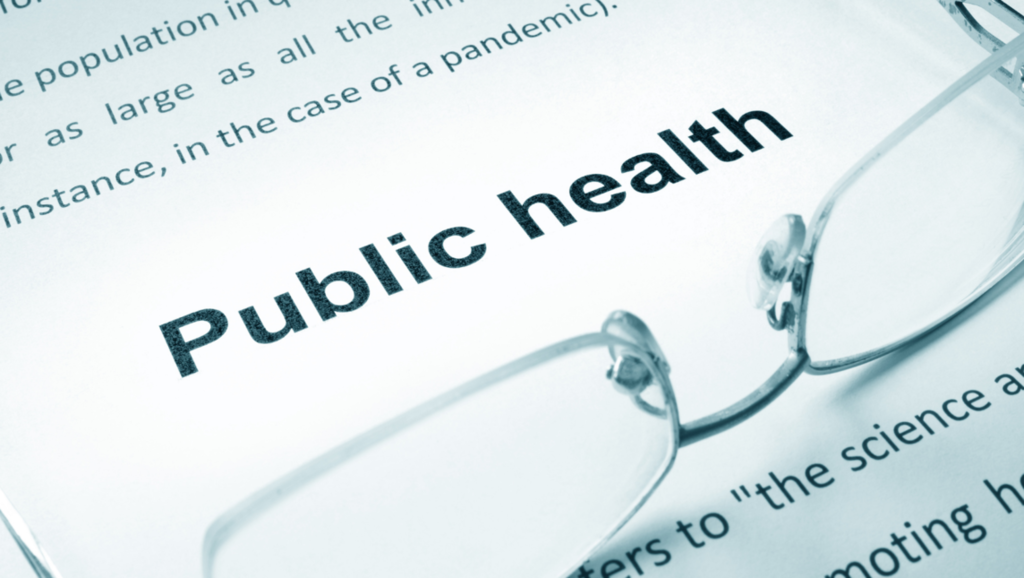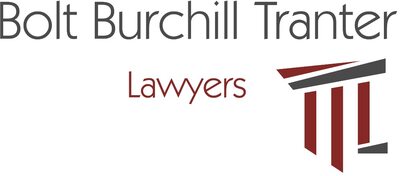Pattern emerges in mismanagement of pandemic
Opinion

A pattern is emerging in the Federal Government’s mismanagement of the pandemic, and it is almost certain to continue with the next big phase of it.
Without strong action by the states and territories, Australia would be in the appalling strife of the US, Britain and many European countries. And even NSW has backed off pandemic action since Dominic Perrottet took over as Premier.
The pattern is like a set of rules that has been applied by the Federal Government since the pandemic began.
They are as follows:
Spend as little as you can get away with on public health.
Do nothing until you absolutely have to. Do not act; react.
When you do anything make sure it does not inflame any groups in any way that might jeopardise the next election and if possible do things which will help the electoral effort.
When spending public money make sure it is spent via employers, big business, and in accordance with the wishes of big industry lobbies.
Give out as little information as you can get away with.
When things look as if they are getting out of hand bring in the states and territories to “unite” in national plans which can be sloganised for electoral benefit and done in a way that the states and territories can be scapegoated and be the target of blame-shifting.
When you look at the five big phases in the response to the pandemic so far, these “rules” explain a lot. And pity help us if they are applied again in the coming sixth phase which I shall come to shortly.
Phase One
Phase One (early 2020) was closing the international borders. Flights from China were blocked quickly. But flights from the US and Britain where the nice English-speaking white people predominate, were not closed till much later, even though the prevalence of disease was similar.
Nothing like a bit of xenophobia to help the electoral cause. Later, Australians stranded in India were targeted for bans on returns.
Phase Two was the approach to quarantine. It was flick-passed to the states. The result was private-sector hotel quarantine, even though quarantine is a power the constitution gives to the Commonwealth.
The Commonwealth had run quarantine stations in the past and had a ready-made quarantine station in the form of an unused immigration detention centre at Howard Springs. Hotel quarantine proved deadly, but profitable for the hotels.
Phase Three (lockdowns) were opposed because they were bad for business.
Phase Four (vaccines) should have been done through large public vaccination centres, not inefficiently contracted out to private-sector pharmacies and medical practices. And a prudent public-health manager would not have put all the eggs in the Astra Zenica basket.
Phase Five (testing) should have been anticipated and prepared for.
Secrecy
All of these phases were marked by secrecy; low spending on publicly delivered public health; large sums going to the private sector; and an absence of planning based on “what-if” scenarios.
This has been exemplified by weak or missing public-health information campaigns to counter the anti-vax madness; a refusal to spend up big on a variety of vaccines and tests and to use the power of the federal purse to get the best price, rather than allowing the private sector to profit from states bidding against each other; and an over-arching market approach.
The last was illustrated yesterday when both Health Minister Greg Hunt and Treasurer Josh Frydenberg talked about testing kits as “products” that could not be subsidised, as if they were widgets in a market, not a key element of public health.
Planning, public-health measures and central spending, of course, smack of dangerous socialism in the eyes of the Coalition, rather than sensible government.
Now we come to Phase Six. This has to be seen in the context of NSW Health Minister Brad Hazzard almost accidentally blurting out at Christmas time that everyone in NSW “is probably going to get omicron at some stage”.
There has been no denial from the Federal Government. It looks like “let ‘er rip” is the new policy given the exponentially rising infection rates. It comes with various ministers in the Morrison-Joyce Government using the phrase “living with Covid”. The trouble is that the “let ‘er rip” policy comes with a more threatening phrase: “Dying with Covid”.
If everyone is to get Covid, it condemns thousands of people, mainly the elderly and people with pre-existing conditions, to disease, suffering and death.
Perrottet, Prime Minister Scott Morrison, and others in the Christian right who have opposed the rights of terminally ill people to end their lives in dignity will have difficulty explaining this without using the word “hypocrisy”. But that is an aside.
Balancing costs and risks
More importantly, public health is a question of balancing costs and risks. We could save about 1500 lives a year if we reduced all speed limits to 15km/h. But we don’t. However, we do take a lot of measures to reduce injury and death on the roads.
If we are going to “let ‘er rip”, where is the plan to reduce the death and injury? Where is the public honesty on the part of the Government to set out the risks, the costs and the policy.
This is where Phase Six (therapies and treatments) comes in. The Doherty Institute’s Professor Sharon Lewin and Professor Deborah Williamson have argued that we need to use antibody infusions to protect the most vulnerable from hospitalisation and to get new therapeutics such as oral antivirals which almost certainly will be available before long.
Given the tragic lack of leadership in the first five phases, does anyone imagine that anyone in the Government is serious about funding research into anti-virals or securing medicines in the development stage here and overseas? And will the medicines go on the PBS?
Market-driven
No. Everything has to be market-driven. Big Pharma will do the research where it pleases and get the profit. People’s health treatment will be based on capacity to pay, not need, because the Budget needs that money for negative gearing; capital-gains concessions; dividend-imputation benefits; and to subsidise fossil industries.
The elderly, the people with co-morbidities, and families who cannot afford medicines and test kits, who are a drain on, or do not contribute to, “the economy”, are to be expended in some subtle form of eugenics.
Well at least 2022 will give us a chance to get this Government out of our lives and replace with one that will care for our lives.
---------
This article first appeared in The Canberra Times and other Australia media on 4 January 2022. www.crispinhull.com.au
Thank you!
Newsport thanks its advertising partners for their support in the delivery of daily community news to the Douglas Shire. Public interest journalism is a fundamental part of every community.
Got a news tip? Let us know! Send your news tips or submit a letter to the editor here.
* Comments are the opinions of readers and do not represent the views of Newsport, its staff or affiliates. Reader comments on Newsport are moderated before publication to promote valuable, civil, and healthy community debate. Visit our comment guidelines if your comment has not been approved for publication.


















